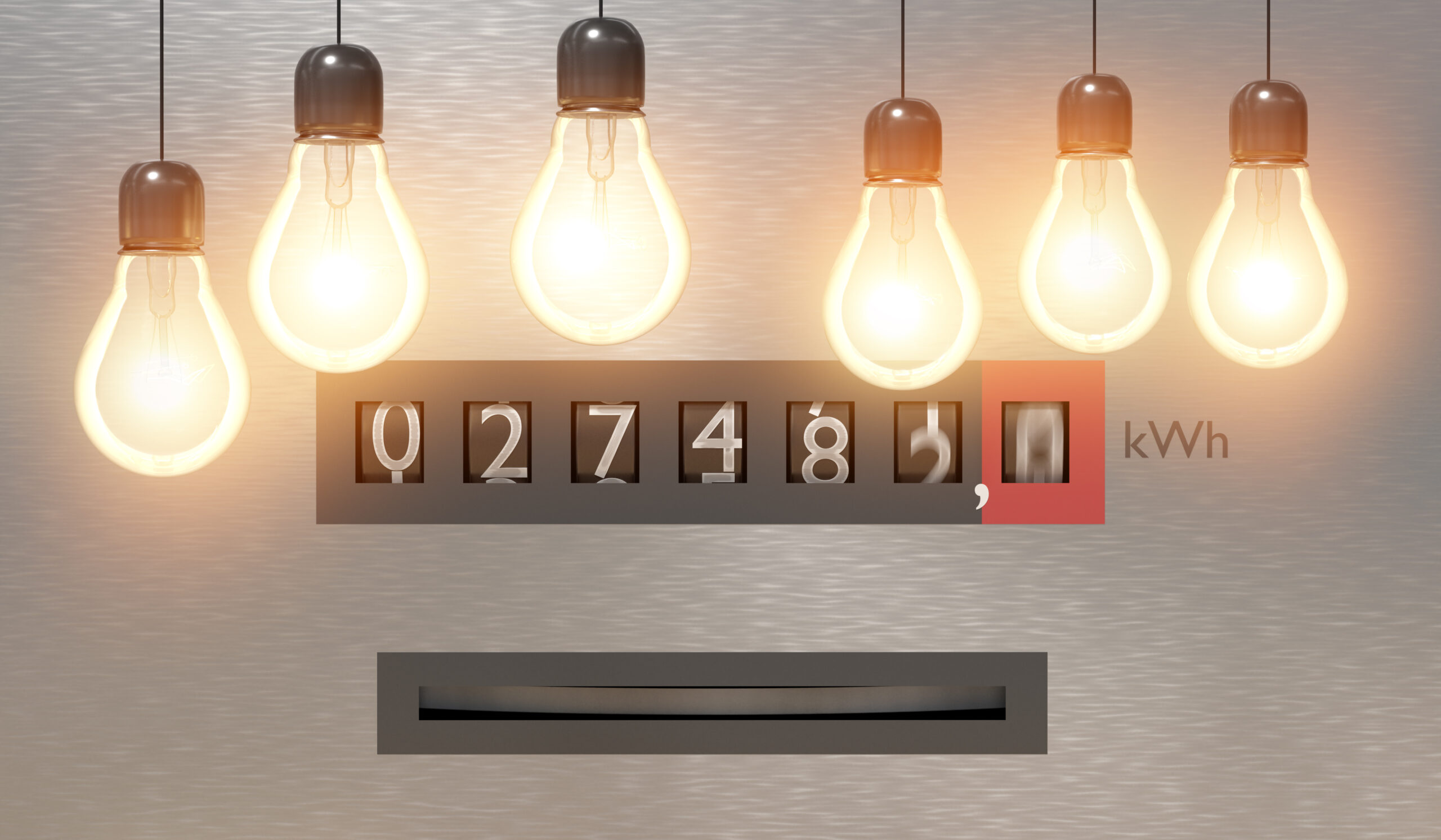You’ve probably noticed a lot of talk about inflation in the news recently. Like most things to do with the economy, understanding inflation and how it will affect you can get very complicated very quickly.
While the personal impact depends on a range of factors that are unique to you, there are some key things to understand about inflation to help you prepare to weather the storm.
Inflation 101
Inflation itself is relatively easy to understand – it’s the impacts and causes that get confusing!
Inflation is the increase in the price of the same item (goods or services) from one point in time to another.

National inflation is tracked quarterly and annually. If an item costs $10 now and $10.50 on the same day next year, then the annual inflation on that item is 5%.
If prices fall rather than rise, this is called deflation.
How does inflation affect me?
This is where it gets complicated! Inflation affects almost every aspect of daily life, and the degree to which it impacts you will depend on your unique set of circumstances.
The Australian Bureau of Statistics (ABS) looks at the major areas in which inflation affects households and weights them based on the level of impact. It is likely that you will be affected by inflation in some, if not all, of these areas.
| CPI basket group | Weighting* |
| Housing | 23% |
| Food and non-alcoholic beverages | 17% |
| Transport | 11% |
| Recreation and Culture | 9% |
| Furnishings, household equipment, and services | 9% |
| Alcohol and tobacco | 9% |
| Health | 7% |
| Insurance and financial services | 6% |
| Education | 5% |
| Clothing and footwear | 3% |
| Communication | 2% |
Source: Reserve Bank of Australia (RBA)
*Numbers do not add up to 100% because of rounding.
Using the inflation rate in these different areas, the ABS calculates the Consumer Price Increase (CPI), which is one of the best indicators of Australia’s inflation rate. The CPI is published quarterly and takes into account the weighting of the different groups.
As you can see by looking down this list, some things such as recreation, alcohol, and clothing are fairly controllable, and households can cut down on these expenses with minimal impact on daily life, at least in the short term.
However, a lot of things are unavoidable, such as housing, health, and food. In these areas, households, particularly low-income households, feel the strain of inflation when they have to pay more for their everyday essentials.
And remember, inflation isn’t limited to just this list of items, when the inflation rate rises, almost everything you pay for goes up too.
Macro impacts of inflation
During periods of high inflation, our purchasing power goes down because our earnings don’t stretch as far as they used to. Essentially, the value of the nation’s wages is lowered.
A great example of this is the well-known cost of the housing crisis. Although it has caused a generational war surrounding the importance of avocado on toast, you can’t argue with the stats that show Baby Boomers could buy a house for approximately 3 times their annual salary. Cut to 30 years later and an average house will cost you 8.5 times your yearly earnings. That’s the result of decades of inflation in the housing market, without wage increases to match.

This same effect applies to lower-value items such as food, clothes, healthcare and education, with households forced to make cuts year after year as items become less affordable.
To counteract the increased costs, if it’s an option, workers will ask for a pay rise. This, in turn, puts pressure on businesses’ bottom lines and can lead to further increases in the cost of goods and services, or even lay-offs.
It is the role of the government and the RBS to step in with measures to control inflation and avoid this cycle from getting out of control. Since the record rates in the 1970s that saw inflation of nearly 18%, the RBA has introduced an inflation target of 2-3%.
Personal impacts of inflation
Your personal situation will affect the degree to which you can deal with inflation. If you have a stable income and some savings, then you can probably weather the price rises, at least in the short term.
If you own a property, the interest rates on your mortgage will rise, which can lead to hundreds more on your repayments every month. This is often a problem for homeowners who have bought in recent years when interest rates have been at record lows and have not accounted for rate rises in their budget. In the worst-case scenario, these owners might be forced to sell their homes.

If you are a renter, your weekly rent will rise with inflation. Because your landlord’s mortgage repayments have gone up by hundreds a month, your rent rise will likely be more than the rate of inflation as they try to recoup the extra cost from you.
However, inevitably the worst hit by inflation are low-income households. In families that are already living paycheque to paycheque, a rise in the cost of essential items leaves them with no choice but to go without. In periods of unusually high inflation, the government will often intervene with extra payments or stimulus packages to offer short-term relief.
How can I save money when inflation is high?
Even though inflation means the price of everything is going up, there are still things you can do to save money in some areas to offset your increased cost of living.
Be clever with your groceries
The first place a lot of us feel the hit of inflation is in the supermarket. If you have noticed your spending on food rising, there are a few things you can consider to get costs back down to within your budget.
- Buy seasonal fruits and vegetables – don’t pay $10 for strawberries in the middle of winter!
- Buy non-perishables in bulk when they are on special.
- Shop at markets or direct from the farm if possible to avoid the supermarkets’ mark-ups.
- Reduce your waste – freeze leftovers for lunches or future meals to save on your overall costs.
Cut unnecessary spending
Even though it might feel like being kicked while you’re down, periods of high inflation are a good time to cut back on some non-essentials, at least for the short term while you get your finances back under control. This might be things like dining out, cinema visits, concerts, and new clothes. And sorry millennials, but even cutting back on your takeaway coffee and brunches can help.
Review your recurring expenses
It can be quite a shock to realize how much all your auto-payments are adding up to. All those $10/month subscriptions can soon run into the hundreds. Take a look at everything you have on direct debit, including pay TV, streaming services such as Netflix, gaming sites, fitness apps, and anything else you have handed over your card details to.
Consider a second income stream
If you’ve cut costs as much as you can, another way to fight back against inflation is to increase your income.
There are several ways you could supplement your wage.
- Sell things you don’t need on eBay, Facebook Marketplace, or Gumtree.
- Rent out your things – there are sites where you can rent your car, carpark, pool, baby items, spare room, home, and nearly anything else you can imagine!
- Work a flexible side hustle – you could even combine this with something you love such as pet sitting, tutoring, freelancing, driving for a ride-share, or delivering for Amazon.
Review your bills
Your regular bills, including electricity, gas, phone and internet can make up a significant portion of your household budget. Switching electricity and gas providers can save you big bucks to spend on other essentials.

The fastest and easiest way to find out if you can save money is to compare gas and electricity with CheapBills. One of our experts will consider your energy needs and recommend a cheap electricity and gas option from our panel of preferred suppliers.
In the same phone call, we can also compare your internet plan to find the cheap NBN plan or 5G option and even compare Pay TV Australia plans to save you more.
Here are some tips to find the best energy plan and broadband plans to save you money:
- Look for discounts – EnergyAustralia’s Flexi Plan offers a guaranteed 11% discount on your total electricity bill and 18% on gas plus a $25 sign-up credit.
- Find low off-peak rates – Origin Basic has off-peak electricity rates of 17.75c/kWh compared to 24.98c/kWh for peak energy usage.
- Bundle your services – save up to $210 on a high-speed NBN plan when you bundle with an AGL energy plan.
- Maximize your solar – Simply Energy’s “Simply Energy Solar” plan includes a bonus solar feed-in tariff and up to $1,500 in credit over 5 years if you join their Virtual Power Plant (VPP).
- Streamline your entertainment – Foxtel’s NBN bundle or Optus 5G or NBN Family entertainer packages include a Netflix subscription making them an affordable Pay TV and broadband connection option.
But don’t waste time doing all the hard research yourself! Our 100% free comparison service takes the hassle out of comparing bills and we will even connect electricity and gas to your new provider for you. To get started call 1300 786 045 or enter your details online.









